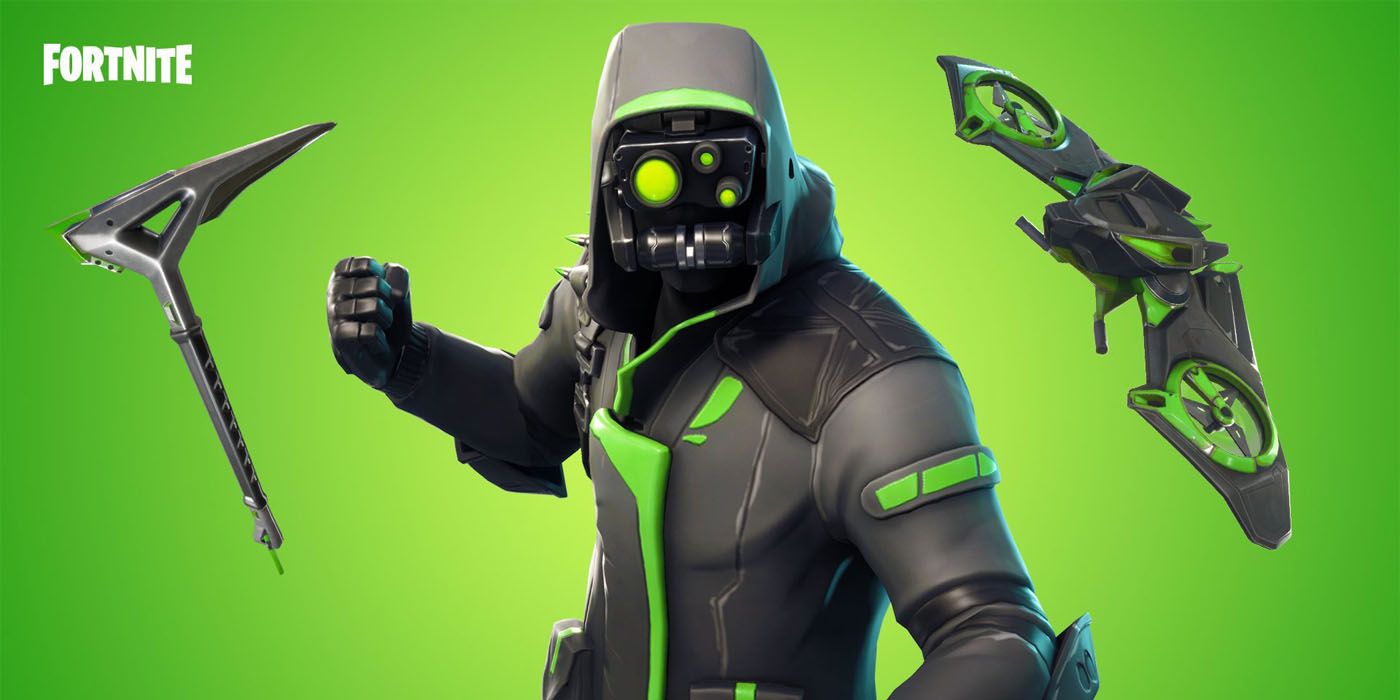Loot boxes won't be showing up in any of Epic Games' projects anytime soon, according to CEO Tim Sweeney. The Fortnite executive likened the practice to gambling at slot machines in a speech at the DICE 2020 summit in Las Vegas. Sweeney argued that loot box systems are hostile to players, and the practice has no place in modern video games.
"We have to ask ourselves, as an industry, what we want to be when we grow up. Do we want to be like Las Vegas, with slot machines, or do we want to be widely respected as creators of products that customers can trust? I think we will see more and more publishers move away from loot boxes," he said. Pay-to-win business models are also a no go for Sweeney, who says that developers like Epic have unique responsibilities to do right by their audiences.
According to Sweeney, cross-platform play has also been part of Epic's strategies for Fortnite because he sees it as an integral part of gaming's future. "What we all really want and need to accept is equal access to all customers and give up our attempts to create our own private wall guard or private monopoly. In Fortnite, the player who spends with friends plays for twice as long and spends more money. Cross-platform is the future, and we all have to do our part."
Epic's decision to release the Android version of Fortnite independently from the Google Play Store was driven by a similar need to serve customers as fairly as possible. The CEO says the app was rejected from the Play Store because Epic's monetization model was separate from Google's in-app purchase system. "We have businesses that profit by doing their customers harm. Facebook and Google have been the leaders in this. They provide free services, then make you pay for their service in loss of privacy and loss of freedom," he said.
Fortnite's success has largely relied on the battle pass gameplay model and a large, rotating collection of skins for the game's battle royale and creative modes, both of which are free-to-play. The colorful and cartoony aesthetic has made Fortnite popular with young gamers. Epic's shooter has actually had some controversy emerge from concerns over kid-friendly marketing, but not for the business model itself.
The battle pass system has grown into a more common sight in games since Epic's version emerged in 2018 with Fortnite's second season. Other battle royale games like Apex Legends and PlayerUnknown's Battlegrounds were quick to create their own versions of the model, and games in separate genres like For Honor, Rocket League and Destiny 2 adopted it too. Some would combine the strategy with loot boxes, while others followed Epic's example and kept them out of the picture.
Sweeney's positions on loot boxes may also be part of the reason Rocket League shifted away from its loot box system late last year. The automotive soccer game and its developer Psyonix joined Epic earlier in 2019. Fan reception has been mixed on the game's new direct purchase system, but Epic's position on loot boxes likely means the model is here to stay.
Fortnite is out now for PlayStation 4, Nintendo Switch, Android, Xbox One, iOS, and PC.
Source: The Hollywood Reporter


